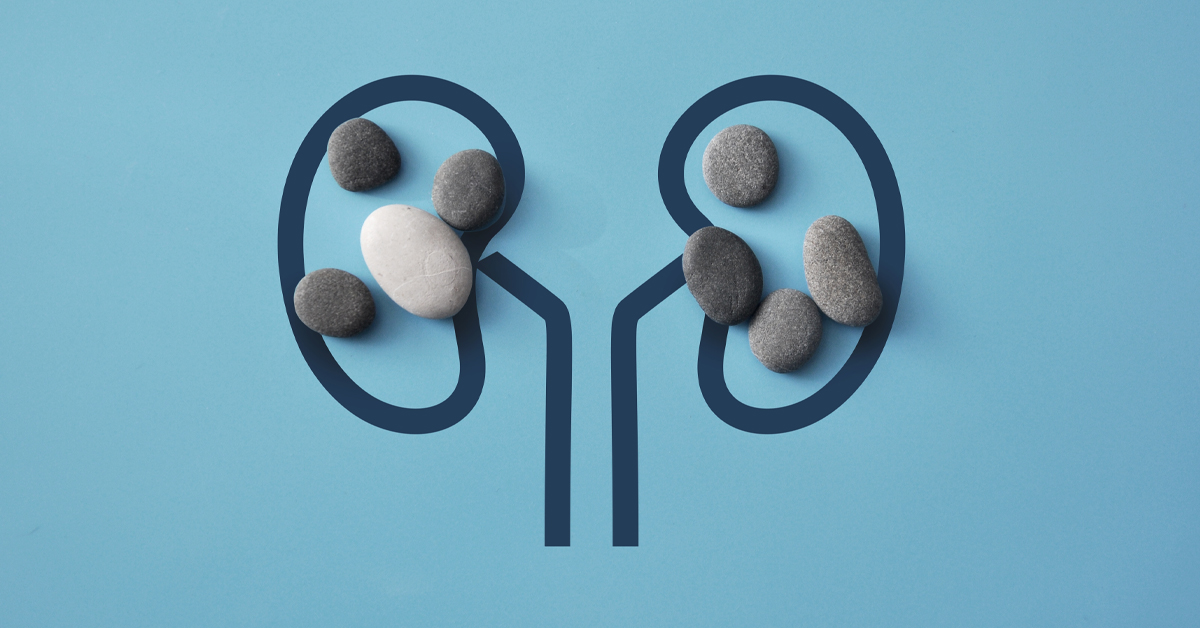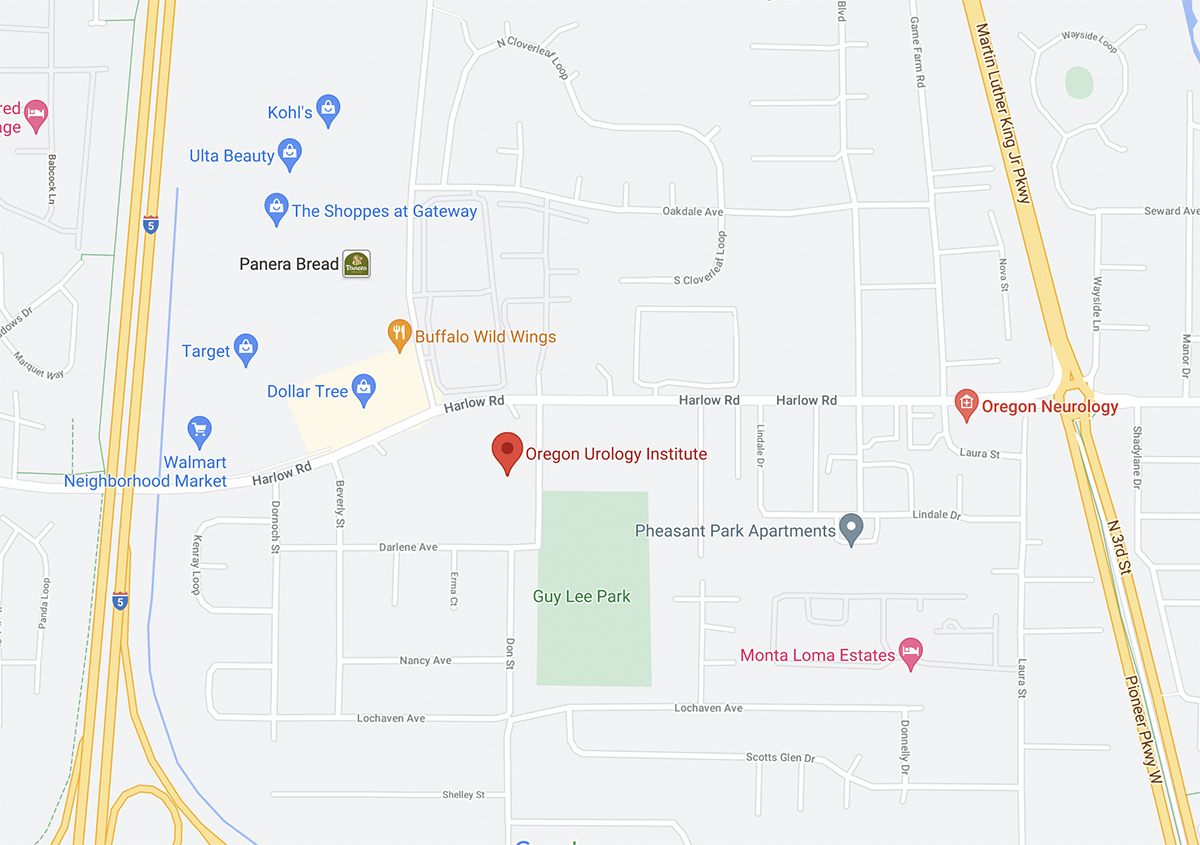KIDNEY STONES

WHAT ARE KIDNEY STONES?
Kidney stones are solid masses of minerals that form in the kidneys. These stones can range in size from tiny grains to larger pebble-like structures. They can cause significant pain and discomfort as they move through the urinary tract. The medical term for these is nephrolithiasis.


TYPES OF KIDNEY STONES
There are various types of kidney stones. Each has unique characteristics, depending on what it is made of.
Calcium Oxalate Stones
These are the most common kidney stones. They form when calcium combines with oxalate in the urine to create crystals. Factors that contribute to their formation include:
- Diet: Consuming foods rich in oxalates, such as spinach, beets, and nuts, can increase the risk of calcium oxalate stone formation.
- Hypercalciuria: Excessive excretion of calcium in the urine can promote the development of these stones.
Calcium Phosphate Stones
Similar to calcium oxalate stones, these form when calcium combines with another compound, phosphate. These stones are more likely to form in alkaline urine conditions.
Uric Acid Stones
Uric acid stones develop when there’s an excess of uric acid in the urine. They are commonly seen in people with conditions like gout or those who eat foods high in purines (from red meat, organ meats, and seafood).
Struvite Stones
Struvite stones, also known as infection stones, typically form if there is a urinary tract infection. They can grow rapidly and become quite large. These stones contain magnesium, ammonium, and phosphate.
Cysteine Stones
Cysteine stones are relatively rare and are due to a genetic disorder that causes the kidneys to excrete excessive amounts of certain amino acids, including cysteine. These stones can be challenging to manage.
CAUSES OF KIDNEY STONES
Kidney stones develop when certain substances in the urine crystallize and form solid particles. The exact cause can vary, but several factors contribute to their formation:
1. Dehydration: Inadequate fluid intake can lead to concentrated urine. This promotes the formation of small crystals that can eventually grow into kidney stones.
2. Diet: Diets high in salt, sugar, and animal protein and low in fiber can increase the risk of kidney stone formation. Eating certain foods can increase the risk of kidney stones. This includes foods high in oxalates (beets, spinach, and nuts), purines, or a diet that is too alkaline or too acidic.
3. Medical Conditions: Certain medical conditions, like hyperparathyroidism, urinary tract infections, and inflammatory bowel disease, can alter urine composition and increase the risk of kidney stone development.
4. Family History: A family history of kidney stones can increase an individual’s susceptibility to developing them.
5. Obesity: Obesity can lead to changes in urine composition and metabolism, promoting kidney stone formation.
6. Medications: Some medications, such as certain diuretics and antacids, can increase the risk of kidney stones.
SYMPTOMS OF KIDNEY STONES
The symptoms of kidney stones can vary depending on the size and location of the stone. Oftentimes, kidney stones have no symptoms until they move from the kidney into the ureter. Common symptoms include:
1. Severe Pain: The most noticeable symptom is often intense pain, often described as excruciating and sharp. The pain typically originates in the back or side below the ribs and can radiate to the lower abdomen and groin.
2. Hematuria: Blood in the urine, also known as hematuria, can occur due to the passage of the stone through the urinary tract. The urine may appear pink, red, or brown.
3. Frequent Urination and Urgency: Kidney stones can irritate the lining of the urinary tract, causing a frequent need to urinate and a sense of urgency.
4. Painful Urination: Some individuals may experience pain or a burning sensation while urinating.
5. Nausea and Vomiting: The pain associated with kidney stones can sometimes trigger nausea and vomiting.
DIAGNOSIS OF KIDNEY STONES
If you suspect you have kidney stones or experience severe pain, it’s important to seek care promptly. Common diagnostic methods include:
1. Imaging Tests: X-rays, CT scans, and ultrasounds are commonly used to help visualize the size and location of the kidney stones. These imaging techniques allow the urologist to assess the number and location of stones and the overall condition of the urinary tract.
2. Urine Analysis: A urine sample will be collected and analyzed to check for crystals and other substances contributing to stone formation. This analysis may provide information about the type of kidney stone and if there is an underlying urinary tract infection.
KIDNEY STONE TREATMENT
The treatment approach for kidney stones depends on the size and location of the stone and the severity of symptoms. Your urologist will help you determine the most suitable treatment option based on your specific case.
1. Pain Management: Managing the intense pain associated with kidney stones is often a primary concern. Over-the-counter pain relievers like ibuprofen or acetaminophen can help alleviate discomfort. For more severe pain, prescription pain medications may be necessary.
2. Hydration: Increasing fluid intake, particularly water, is essential. Adequate hydration helps dilute urine and encourages the passage of smaller stones. It’s recommended to drink enough fluids to produce light yellow urine.
3. Medical Expulsion Therapy: Certain medications can aid in the passage of kidney stones, especially if they are small. Alpha-blockers, for instance, can help relax the muscles in the urinary tract, making it easier for stones to move through the system.
4. Extracorporeal Shock Wave Lithotripsy (ESWL): High-energy shock waves are focused on the stone to break it into smaller pieces. These smaller fragments can then pass more easily through the urinary tract. ESWL is a non-invasive procedure performed using a device similar to an ultrasound. The shockwaves pass through the body and cause the stone to break apart.
5. Laser Lithotripsy: A thin tube is inserted into the urinary tract, and a laser is used to break the stone into smaller fragments. This technique is particularly effective for stones that are located in the ureter or kidney. No incisions are necessary, though the procedure is slightly more invasive than ESWL.
6. Surgical Removal: Surgical removal may be necessary in cases where stones are large or causing severe complications. Minimally invasive procedures are often used to reduce the impact on the patient. Two common approaches include:
- Ureteroscopy: A thin tube with a camera and small extraction tools is inserted into the urinary tract, allowing the urologist to locate and remove the stone. This procedure is effective for stones located in the ureter or kidney.
- Percutaneous Nephrolithotomy: A small incision is made in the back, and a tube is inserted directly into the kidney to remove the stone fragments. This approach is typically used for larger stones.
The kidney stones will typically be collected once they pass and sent to a laboratory for identification. Your urologist will use this information to help you identify strategies to prevent future stone formation. These may include dietary modifications, lifestyle changes, and, in some cases, medication.
PREVENTION OF KIDNEY STONES
Preventing kidney stones involves lifestyle modifications and dietary changes:
1. Hydration: Staying well-hydrated is crucial to diluting urine and preventing crystal formation. Aim to drink plenty of water throughout the day. Avoiding alcohol, soda, and energy drinks is helpful in maintaining proper hydration.
2. Balanced Diet: Consume a diet rich in fruits, vegetables, and whole grains while moderating salt and animal protein intake.
3. Calcium Intake: Include adequate calcium in your diet, as low calcium intake can increase the risk of certain types of kidney stones.
4. Oxalate Intake: If you are prone to calcium oxalate stones, limit high-oxalate foods and drinks.
5. Moderate Protein: Avoid excessive consumption of animal protein, which can lead to uric acid stone formation.
6. Medication Management: If you have a history of recurrent stones or cysteine stones, your urologist might prescribe medications to help prevent their formation.







